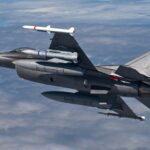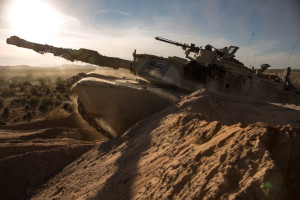
Citing “unfair” competition from a rival with a captive solid rocket motor business, Boeing Co. [BA] this week walked away from a potentially $25 billion Air Force contract to build the Ground Based Strategic Deterrent (GBSD): the next generation of nuclear-tipped, intercontinental ballistic missiles. In a July 23 letter to an Air Force acquisition official, Leanne Caret, Boeing’s chief executive officer, said the company “does not intend to submit a prime offer” in response to the Air Force’s July 16…

 By
By 











